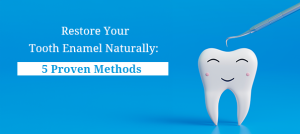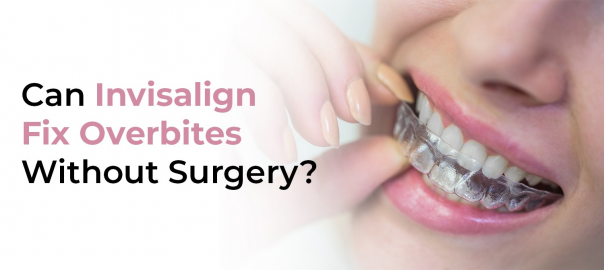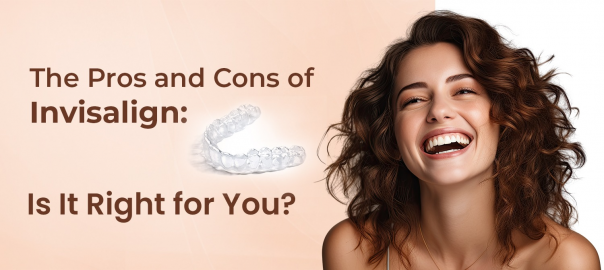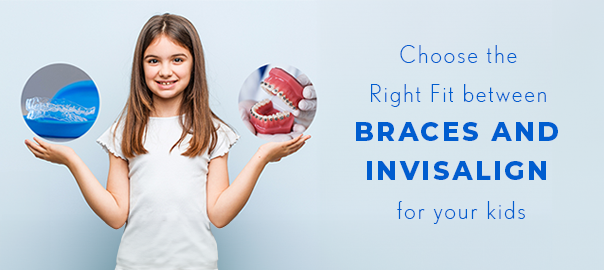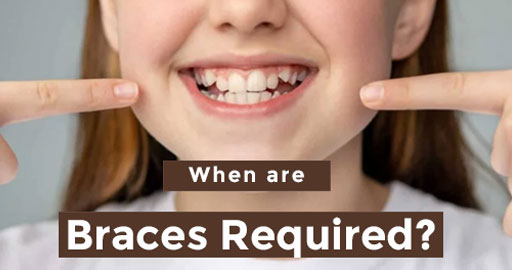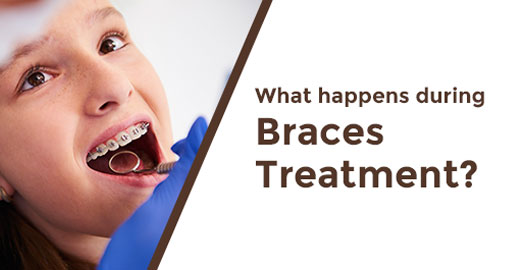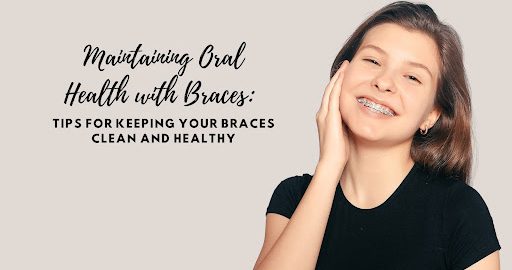
Oral Care During Orthodontic Treatment: Keeping Braces Clean and Healthy
Orthodontic treatment, such as braces, can be a life-changing experience, transforming misaligned teeth into a beautiful, confident smile. However, maintaining proper oral care during this process is essential for the success of the treatment and overall oral health.
Braces create an environment that requires extra attention and care to prevent tooth decay, gum disease, and other dental problems. In this blog, we will explore the importance of oral care during orthodontic treatment and provide valuable tips to keep braces clean and maintain oral health.
Understanding Orthodontic Treatment and Braces
Orthodontic treatment involves the use of braces to correct crooked, misaligned, or crowded teeth, as well as problems with the bite. Braces consist of brackets attached to the teeth and wires that apply gentle pressure to move the teeth into their proper positions over time. This process, although highly effective, also creates spaces where food particles and plaque can accumulate, making oral care more challenging.
Importance of Oral Care During Orthodontic Treatment
During orthodontic treatment, it is crucial to maintain excellent oral hygiene to avoid complications that could hinder progress or lead to permanent damage. Proper oral care has the following benefits:
- Preventing Tooth Decay: Brackets and wires can trap food particles and plaque, increasing the risk of cavities and decay. Neglecting oral care could result in unsightly white spots or stains on the teeth after braces are removed.
- Reducing Gum Disease Risk: Poor oral hygiene can lead to gum inflammation and gingivitis. Keeping gums healthy is essential for successful orthodontic treatment and overall oral health.
- Avoiding Bad Breath: Food particles and plaque accumulation can cause bad breath, leading to social discomfort and decreased confidence.
- Shortening Treatment Time: Consistent oral care and avoiding damage to the braces can prevent delays in treatment progress, leading to shorter overall treatment time.
Essential Oral Care Habits
- A. Brushing: Patients with braces should brush their teeth after every meal and before bedtime. Using a soft-bristled toothbrush and fluoride toothpaste, gently brush all tooth surfaces, including around brackets and wires. Pay extra attention to the gumline and areas where plaque can accumulate.
- Flossing: Flossing can be more challenging with braces, but it is vital to remove plaque and food particles from between teeth and under wires. Dental floss threaders or orthodontic flossers can make flossing easier and more effective.
- Interdental Brushes: Interdental brushes are small, cone-shaped brushes that can reach areas that regular toothbrushes and floss cannot. They are excellent for cleaning around brackets and wires.
- Mouthwash: An antimicrobial mouthwash can help reduce bacteria and keep the mouth fresh. However, it should not replace brushing and flossing, which are essential for plaque removal.
- Regular Dental Check-ups: Regular visits to the dentist or orthodontist are essential during orthodontic treatment. They can monitor progress, identify issues, and provide professional cleanings.
Foods to Avoid
During orthodontic treatment, some foods can damage braces or increase the risk of oral health problems. Patients should avoid:
- Hard and Sticky Foods: These can damage brackets and wires. Examples include popcorn, hard candies, chewing gum, ice, and sticky snacks like caramel or taffy.
- Sugary and Acidic Foods: These can contribute to tooth decay and erosion. Limit the consumption of sugary drinks, candies, and acidic fruits.
- Nuts and Seeds: Small particles can get stuck in braces and cause discomfort or lead to oral health issues.
Protecting Braces During Physical Activities
For individuals participating in sports or other physical activities, it is essential to protect the braces from potential damage. Wearing a mouthguard can provide an additional layer of protection against impacts that might otherwise harm the braces or teeth.
Dealing with Discomfort
Orthodontic treatment can cause some discomfort or soreness, especially after adjustments. Rinsing with warm saltwater or using orthodontic wax can help alleviate irritation and sore spots inside the mouth.
Conclusion
Maintaining proper oral care during orthodontic treatment is crucial for achieving optimal results and preserving overall oral health. By following the tips provided in this blog, patients can keep their braces clean and healthy, ensuring a successful and comfortable orthodontic journey. Remember that good oral hygiene habits developed during orthodontic treatment will benefit you long after your braces are removed, giving you the confidence to share your beautiful smile with the world.
Leave a Reply
Leave a Reply
POPULAR POST










